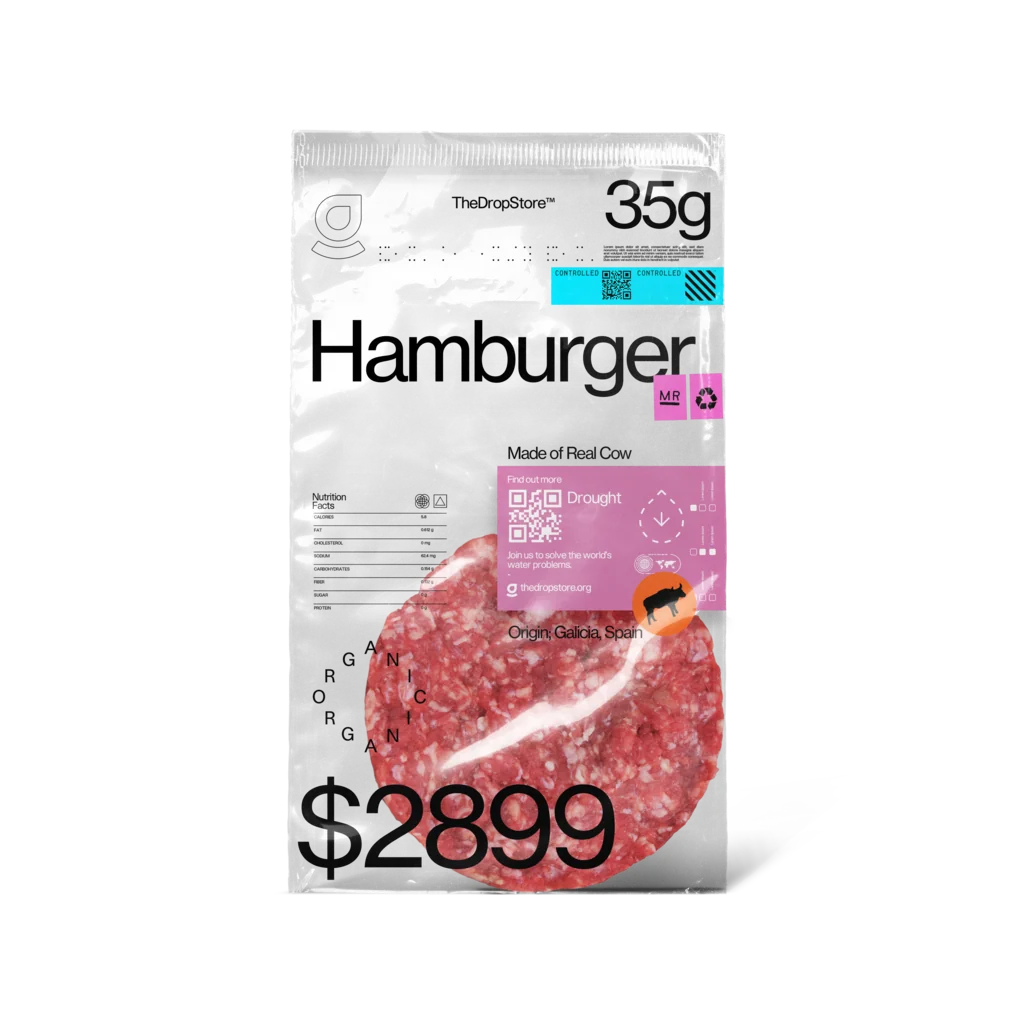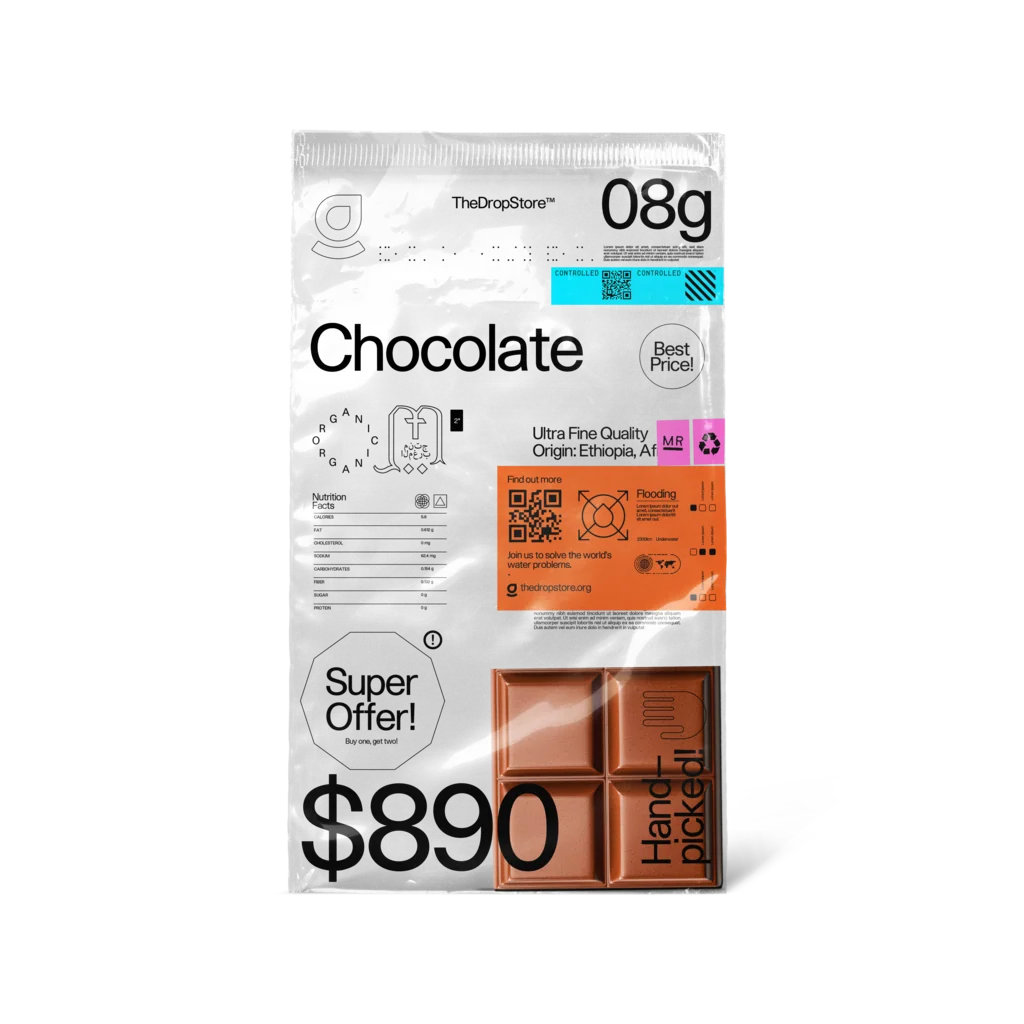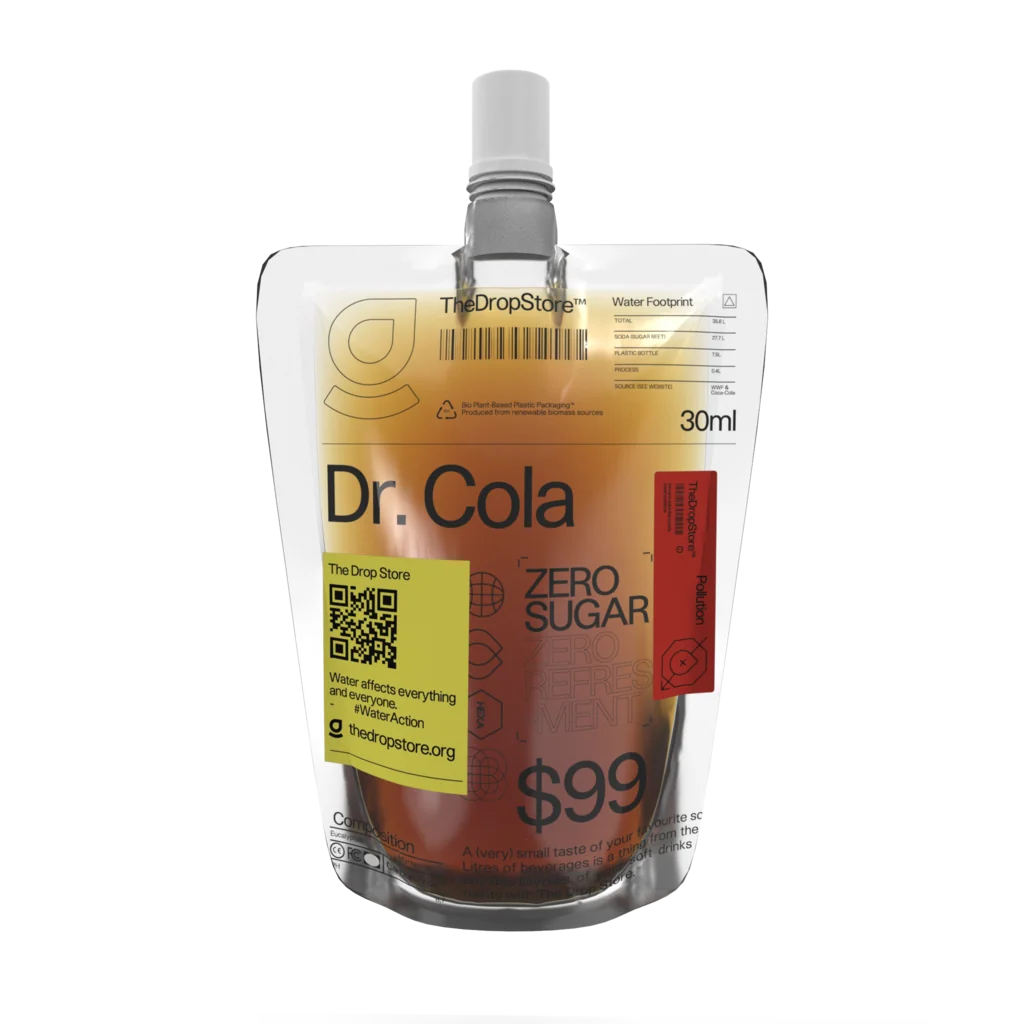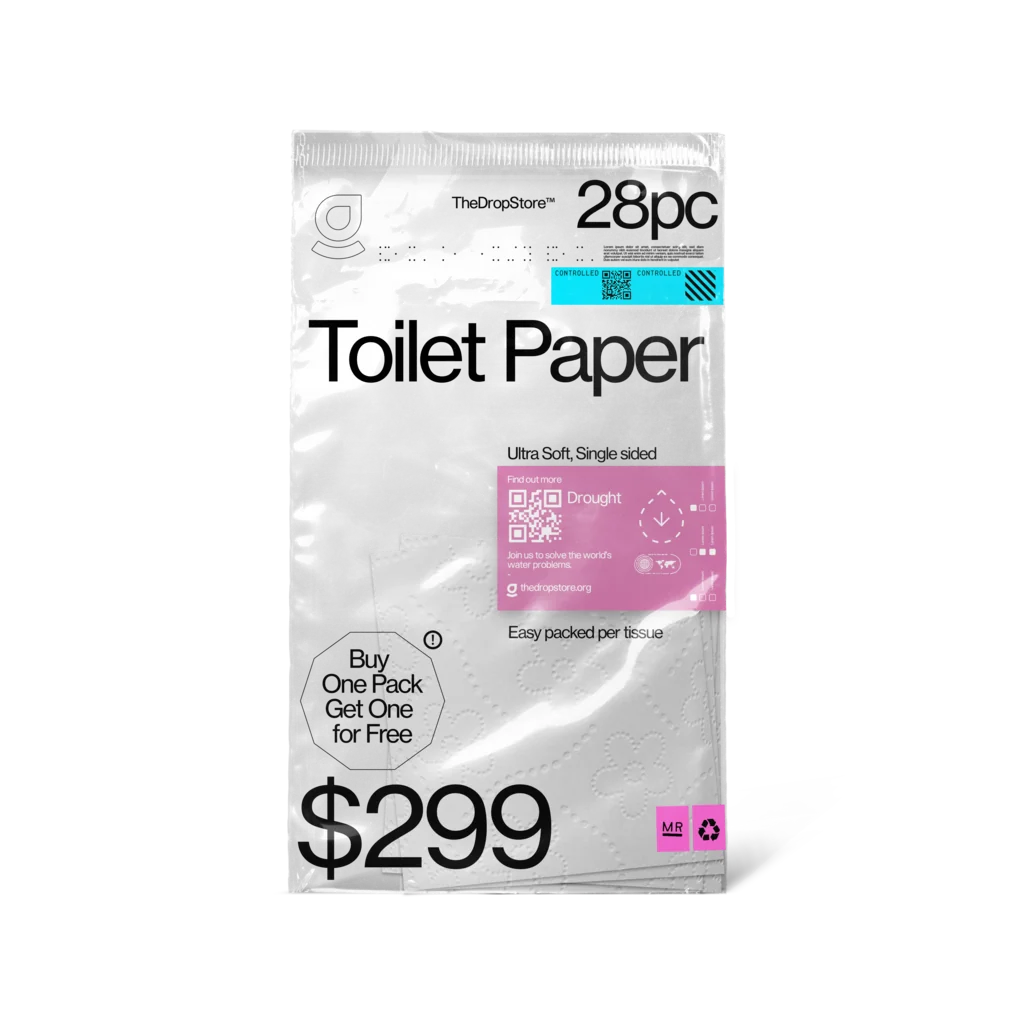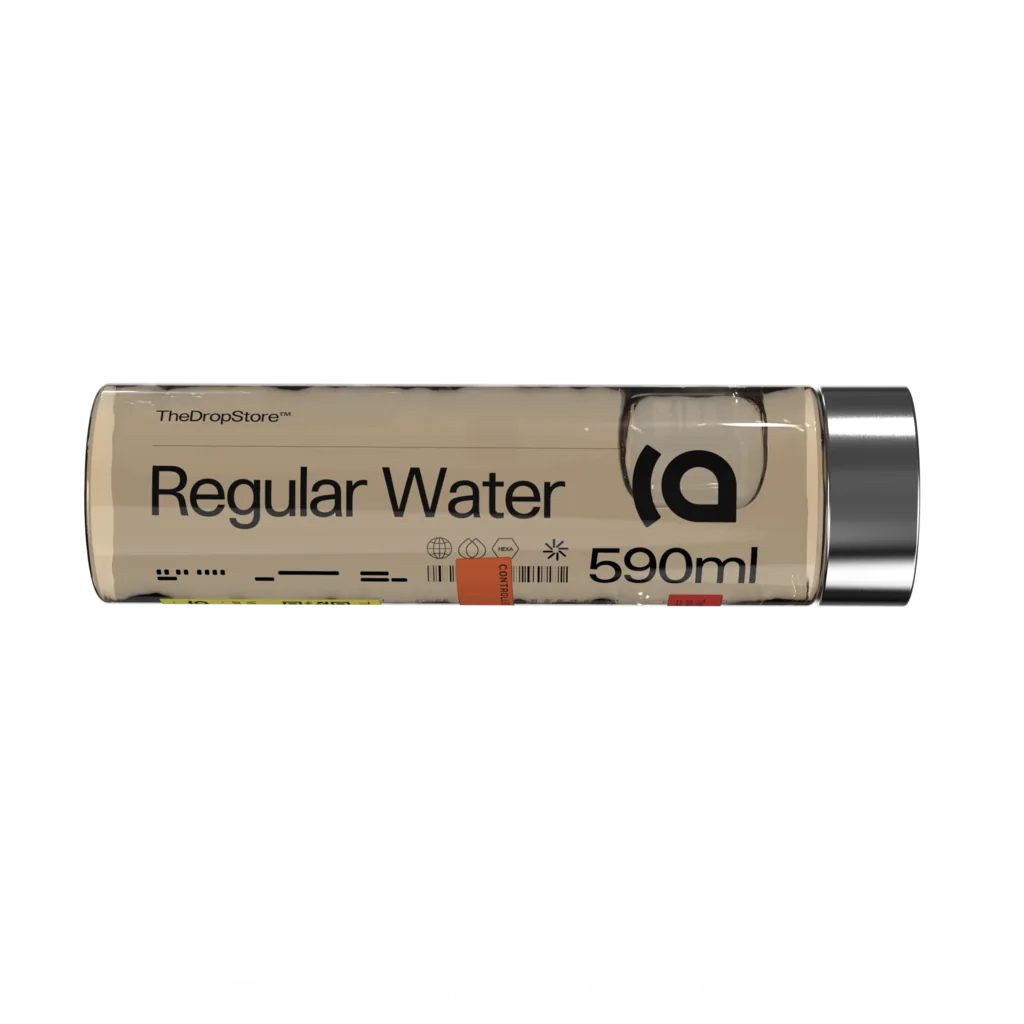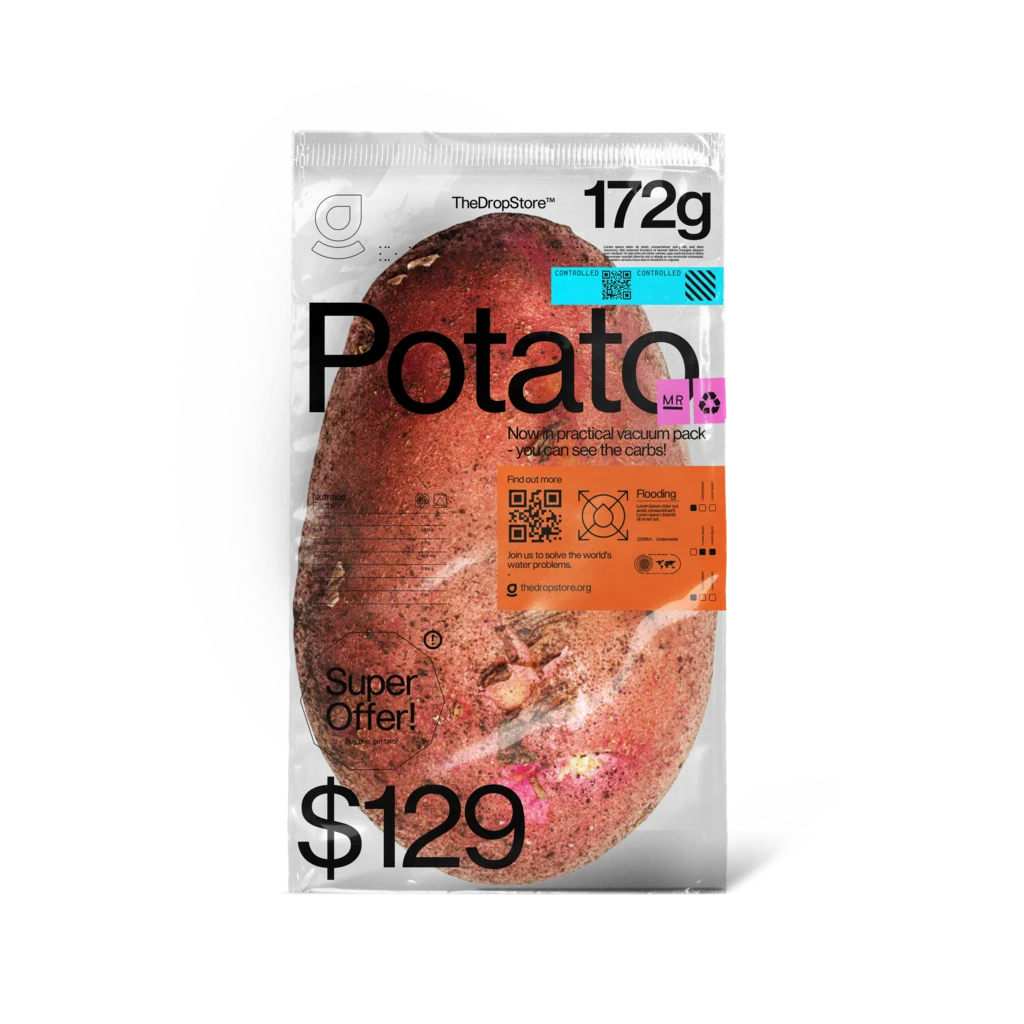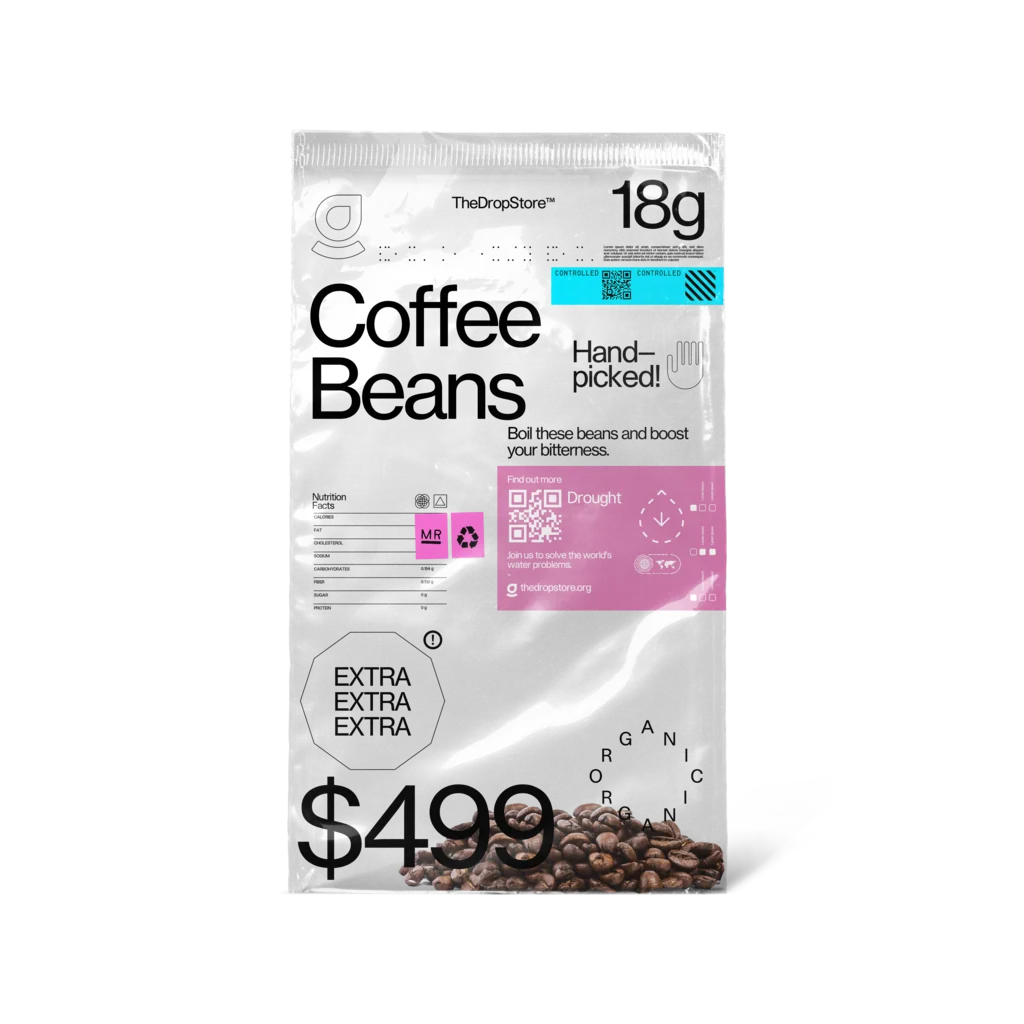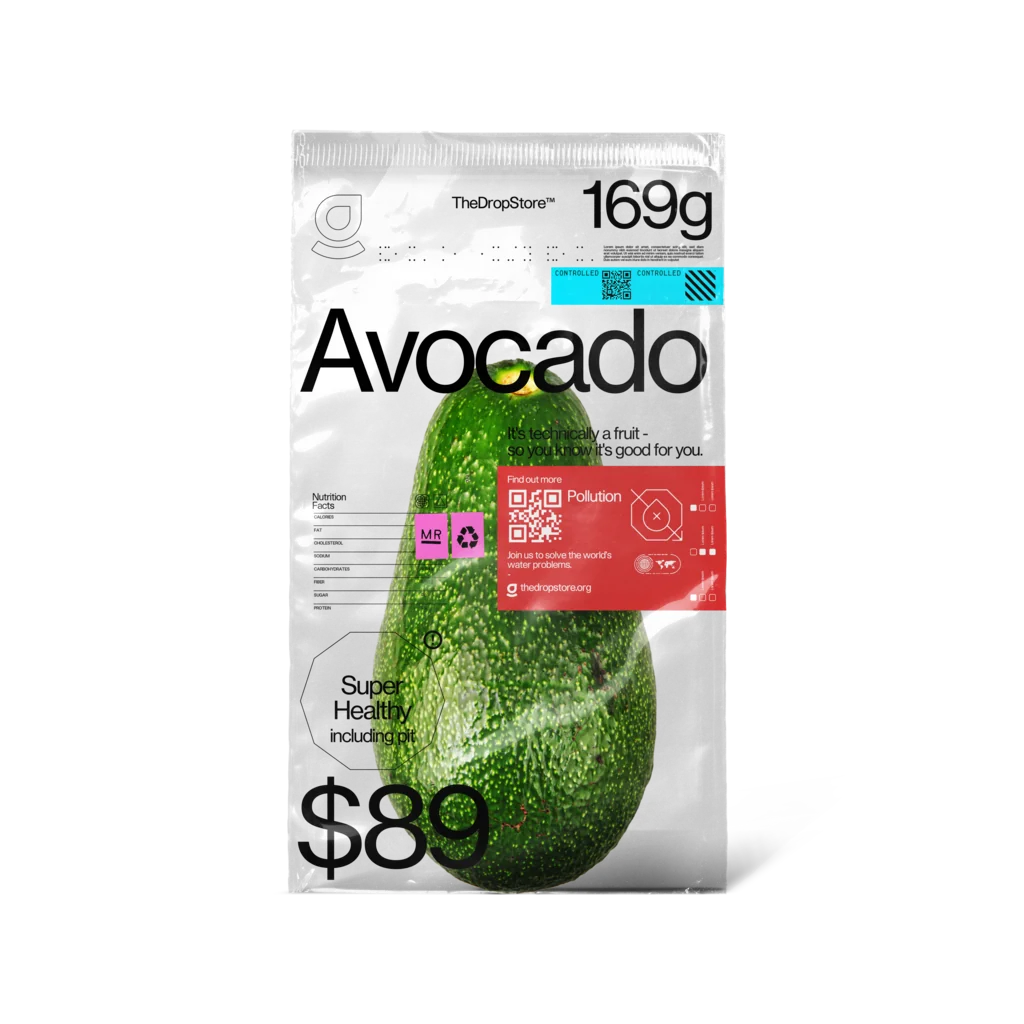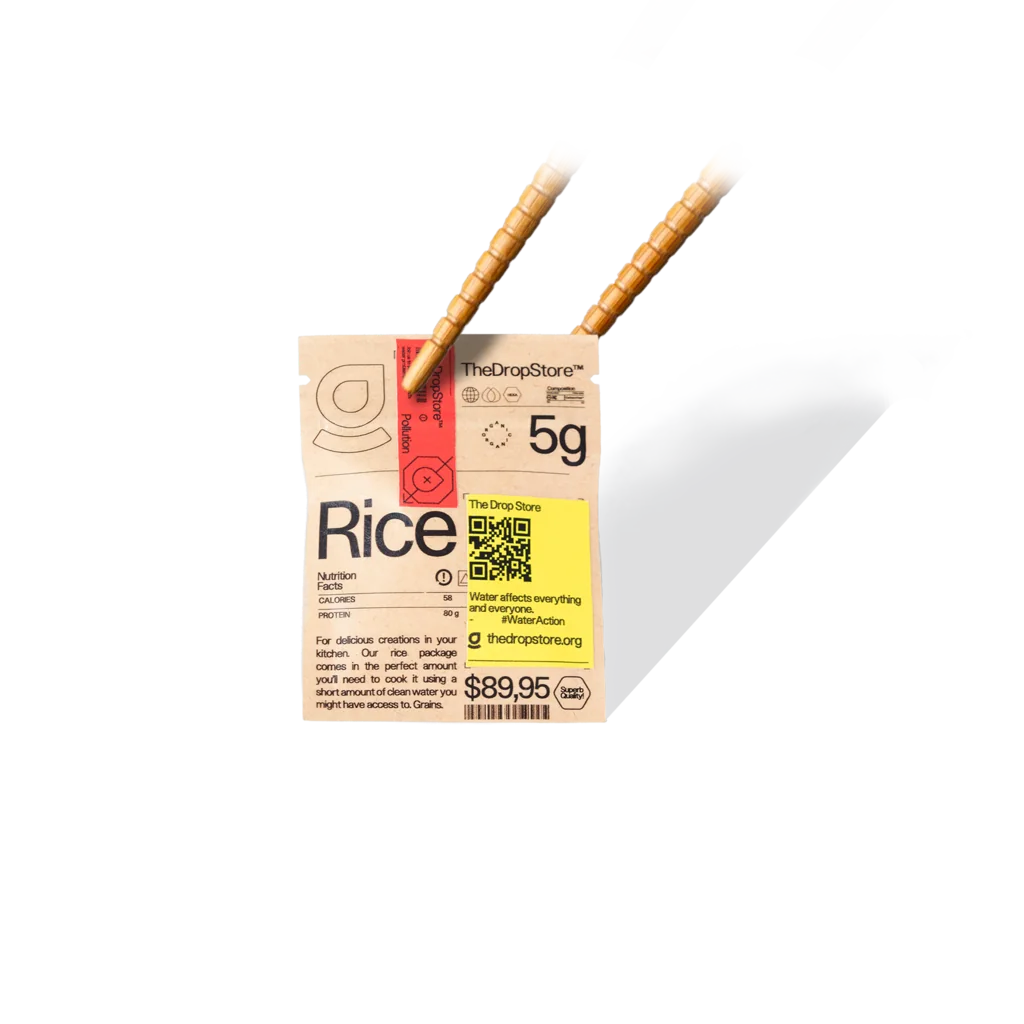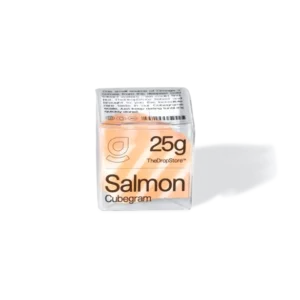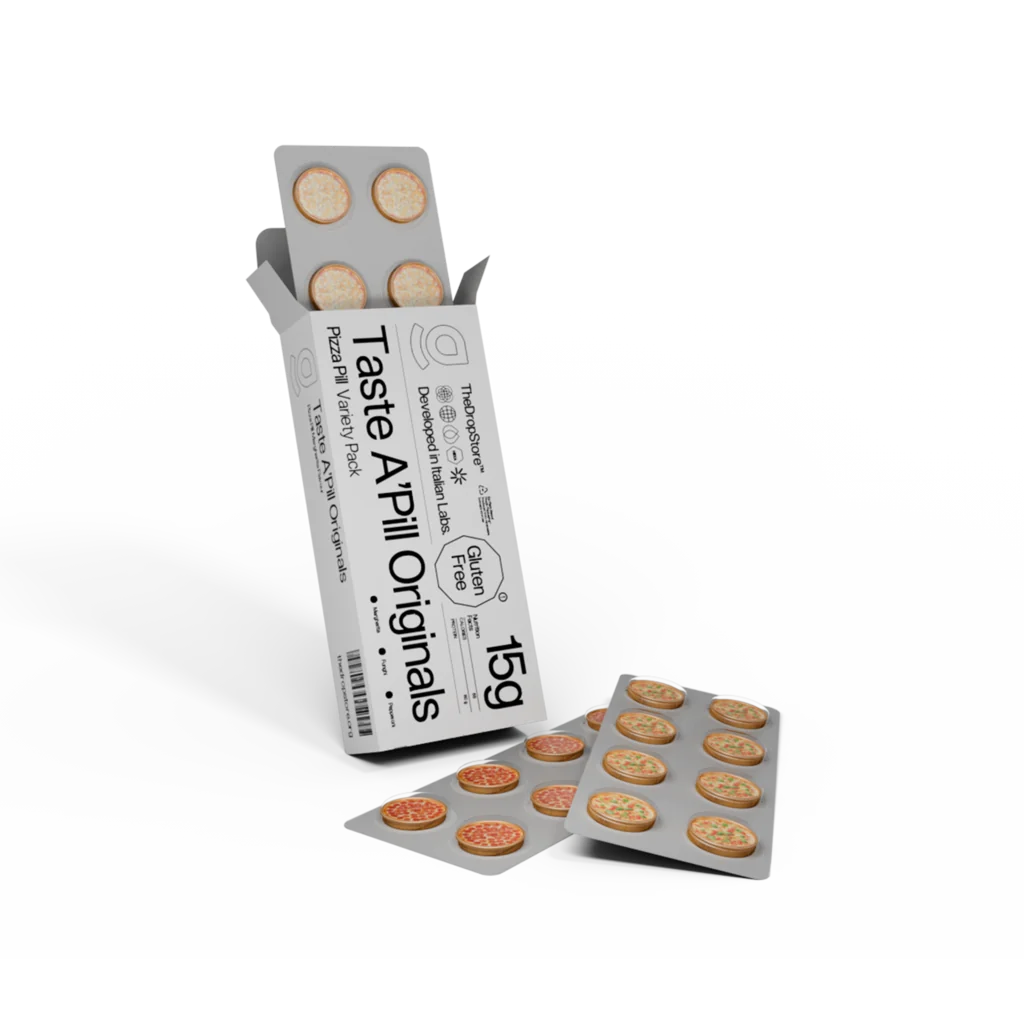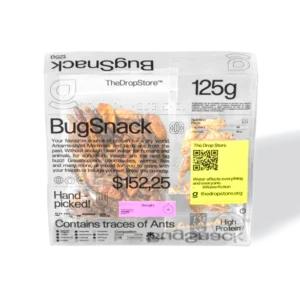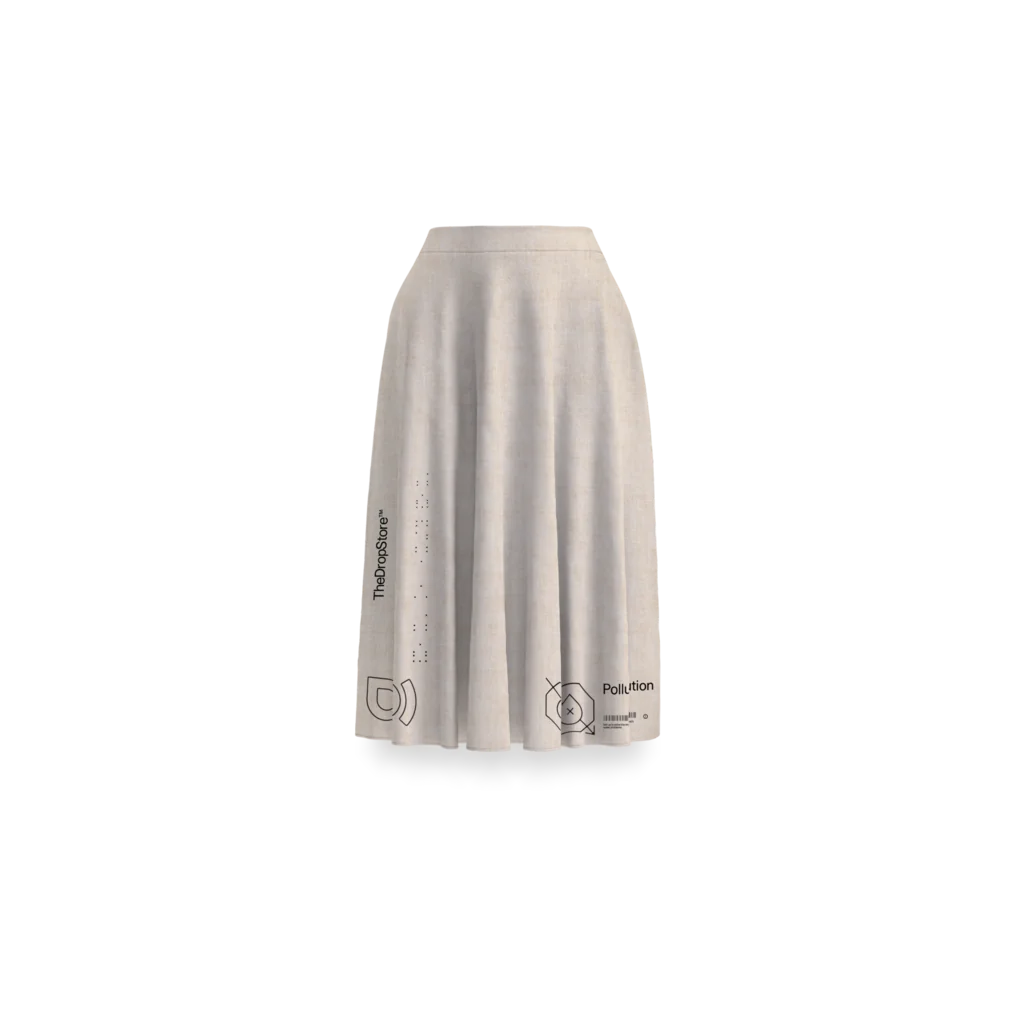ESSENTIALS
Real Cow Hamburgers - 35gr
Real Cow Hamburgers - 35gr
Real Cow Hamburgers - 35gr
Real Cow Hamburgers - 35gr
Real Cow Hamburgers - 35gr
Real Cow Hamburgers - 35gr
Real Cow Hamburgers - 35gr
Real Cow Hamburgers - 35gr
RM2,899
Now Extra Juicy!
Real Cow Hamburgers - 35gr
RM2,899
Start Beef
Get bunned up boys and girls, because this real cow beef bomb is gonna blow up your taste buds. *Some assembly required. Toppings sold separately.
*This product packaging is made from bio-based materials.
PLASTIC BOTTLE
CONTEXT
TOTAL WATER USED
15400L
RAIN WATER
14400L
SURFACE AND GROUNDWATER
550L
WATER POLLUTION
450L
LOAF OF BREAD (750GR)
SODA
PROCESS
TREES
CHEMICAL PROCESSING
FEED CROPS
98%
DRINKING WATER
1.1%
SERVICE WATER
0.8%
FEED MIXIGN WATER
0.03%
CUP OF COFFEE
WHEAT FLOUR
TOMATO PUREE
MOZZARELLA
FEED PRODUCTION
T-SHIRT
RAW MATERIAL (MINING & PACKAGING)
JEANS
MANUFACTURING
OTHERS
SOURCE
Mekonnen, M., & Hoekstra, A. Y. (2010)
*NOTE
Moo goes the
cow. Sizzle goes the burger. You go yum.
@somebody
Wow I had so much fun assembling this thing with other ingredients. Can you believe foods are combinable? What a world!
Word on the street
@somebody
Wait, so this is made out of a living animal?? I am so confused, like for real?
@somebody
I haven't had real beef in years - but honestly not worth it. Tastes the same as vegan burgers tbh.
Why is this burger so expensive?
15400L Water
was used to produce 1 kg of beef
Let's add this one up, shall we? To produce one single burger, we need the bun, sauce, lettuce, tomato slice, pickle, and the beef. All of that requires about 2500 liters of water, mostly for the production of the animal protein. So maybe opt for a plant-based patty, which has a much lower environmental impact than animal-based meat. Or why not try a grilled bell peppers instead? Make taking care of our water part of your next combo meal.
Let's get real
Thanks for checking out The Drop Store. As you might know by now, this product at this price doesn’t exist. Yet. Water challenges concern everybody. Some of us already deal with these challenges every day, while others don't see them yet. If we don't act now, they’ll get worse for everyone. Find out more about what’s happening below, and see how you can get involved in building a better future.
Too much water
Since 2000, flood-related disasters have surged by 134%, inflicting severe social and economic consequences. Floods result in immediate loss of life, property, crops, and livestock. They also lead to health problems like waterborne diseases and malnutrition. Recovery from floods takes months or even years. Additionally, floods harm food production by reducing crop yield, causing soil erosion, and damaging farming infrastructure. They spread pollutants and pose risks to affected communities. Explore our partner organizations for ways to take action.

What can we do about it?
While it's impossible to completely prevent floods, there are several things we can do to mitigate their impact. Our partners strengthen the networks of people, institutions, hardware, investment, and resources that deliver clean water to our taps. They also try to educate as many people on this issue as they can. By sharing this story, you can help tremendously.
You may also like
Web Development
Lorem ipsum dolor sit amet, consectetur adipisicing elit, sed do eiusmod tempor incididunt ut labore et dolore magna aliqua. Ut enim ad minim veniam, quis nostrud exercitation ullamco laboris nisi ut aliquip ex ea commodo consequat.
